Horses are designed to trickle feed – grazing for up to 16 hours a day. This means that they need to constantly secrete acid to help digest this almost continual source of food entering their stomach. A grazing horse will also produce up to 9 gallons of saliva a day which as well as lubricating the food, also acts to buffer or neutralize the acid.
Furthermore, the physical presence of food in the stomach acts as a protective “mat” or barrier, helping to prevent acid splashing on to the upper, unprotected areas of the stomach. So if access to forage (pasture, hay, haylage) is restricted, acid continues to be produced, and with restricted chewing time, less saliva is produced to buffer the acid.
The lower portion of the stomach (the glandular area), where the acid is produced, is naturally protected including mucous production and bicarbonate secretion, but the upper portion of the stomach (squamous area) has no such protection. If the horse is worked with a mainly empty stomach, when he trots, canters or jumps, or even just tenses his abdominal muscles, this acid can splash or be squeezed up to the unprotected area of the stomach The horse has a small stomach, and food does not stay in there for very long, so even short periods during the day without access to forage can cause problems.
In addition to restricted access to forage, there are other factors which have been reported to increase the incidence and severity of ulcers, including:
- Stress – social stressors such as bullying from stable neighbours or herd mates , or box location ( for example near the feed room or muck heap, resulting in increased activity past the door) have been shown to increase the risk of ulcers
- High starch diets – may result in increased volatile fatty acid production in the stomach, which may in turn result in abnormalities with sodium transport leading to cell damage in the stomach.
- Limited turnout and reduced access to natural antioxidants from grass
- Intense training and competition schedules and frequent travelling, especially long distance.
Benefits of Uls-Gard Pellets
- Natural support for gut health and comfort (Calcium, magnesium, lecithin, pectin, glycine).
- Key ingredients to soothe the stomach wall (Aloe vera, marshmallow root, liquorice).
- Beta Glucans from high nucleotide yeasts to support a healthy gastric mucosa.
- Alfalfa and soya hulls base to provide a protective fibrous mat.
- Palatable and easy to mix for fussy feeders.
- Suitable for foals at a reduced serving rate.

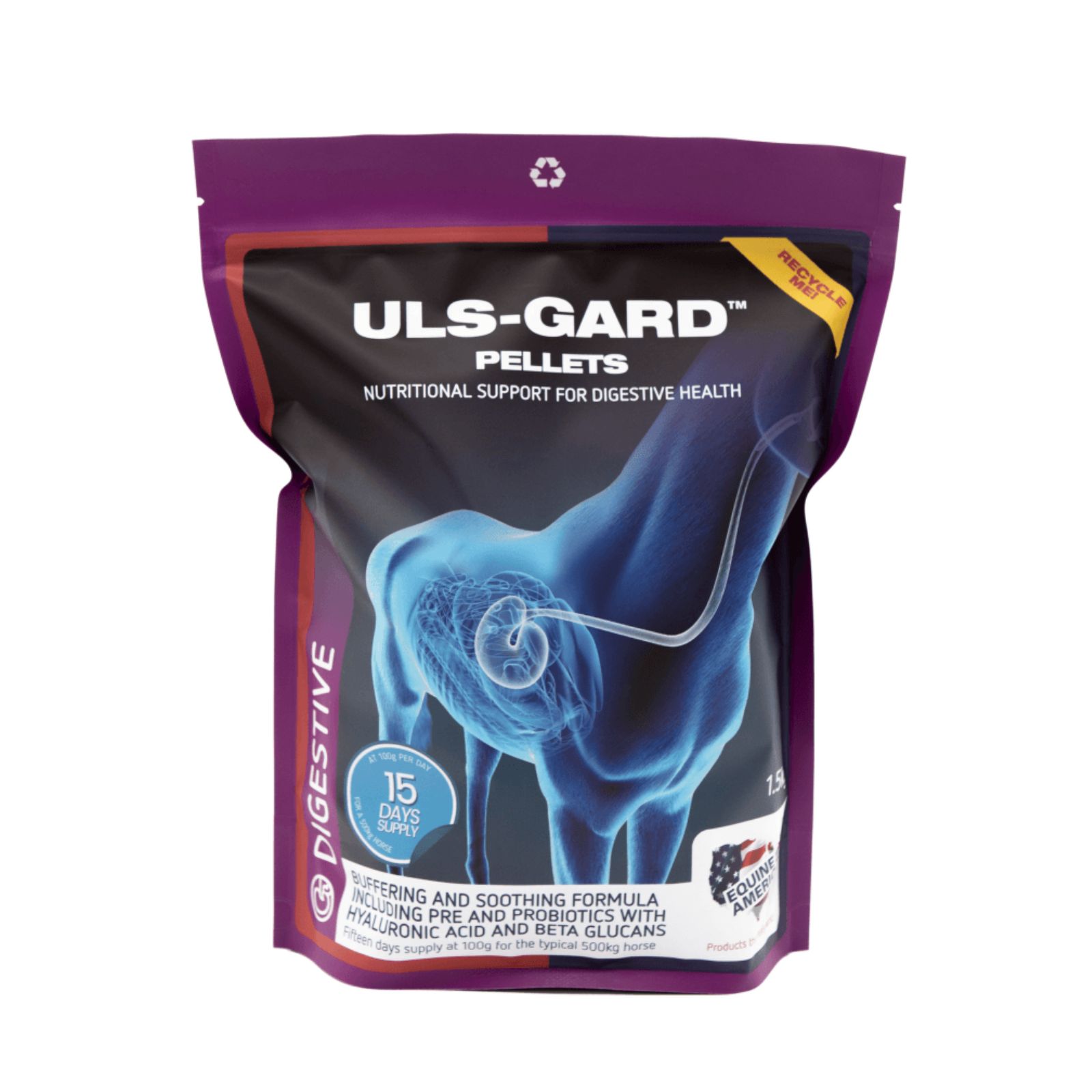
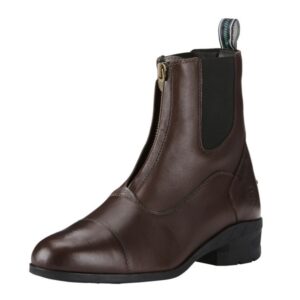
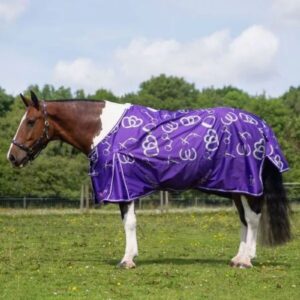

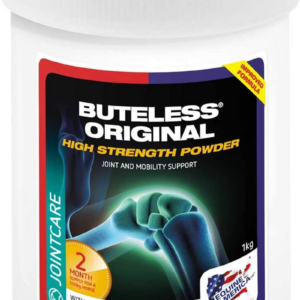
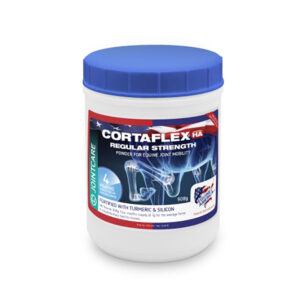
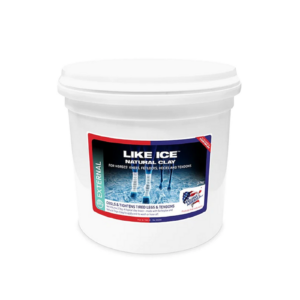
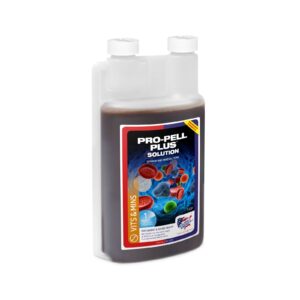
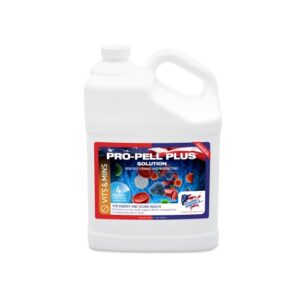
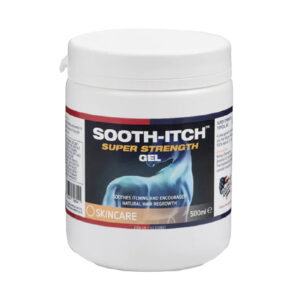
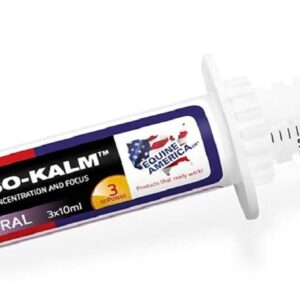
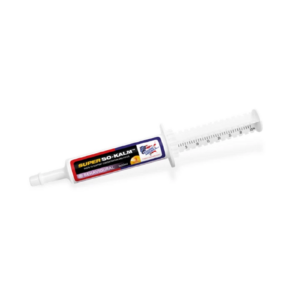
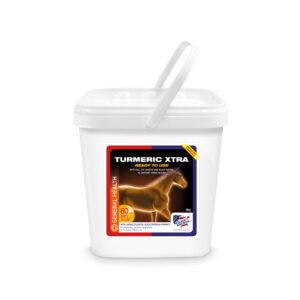
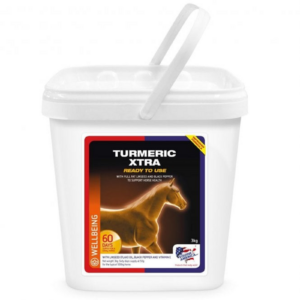
Reviews
There are no reviews yet.